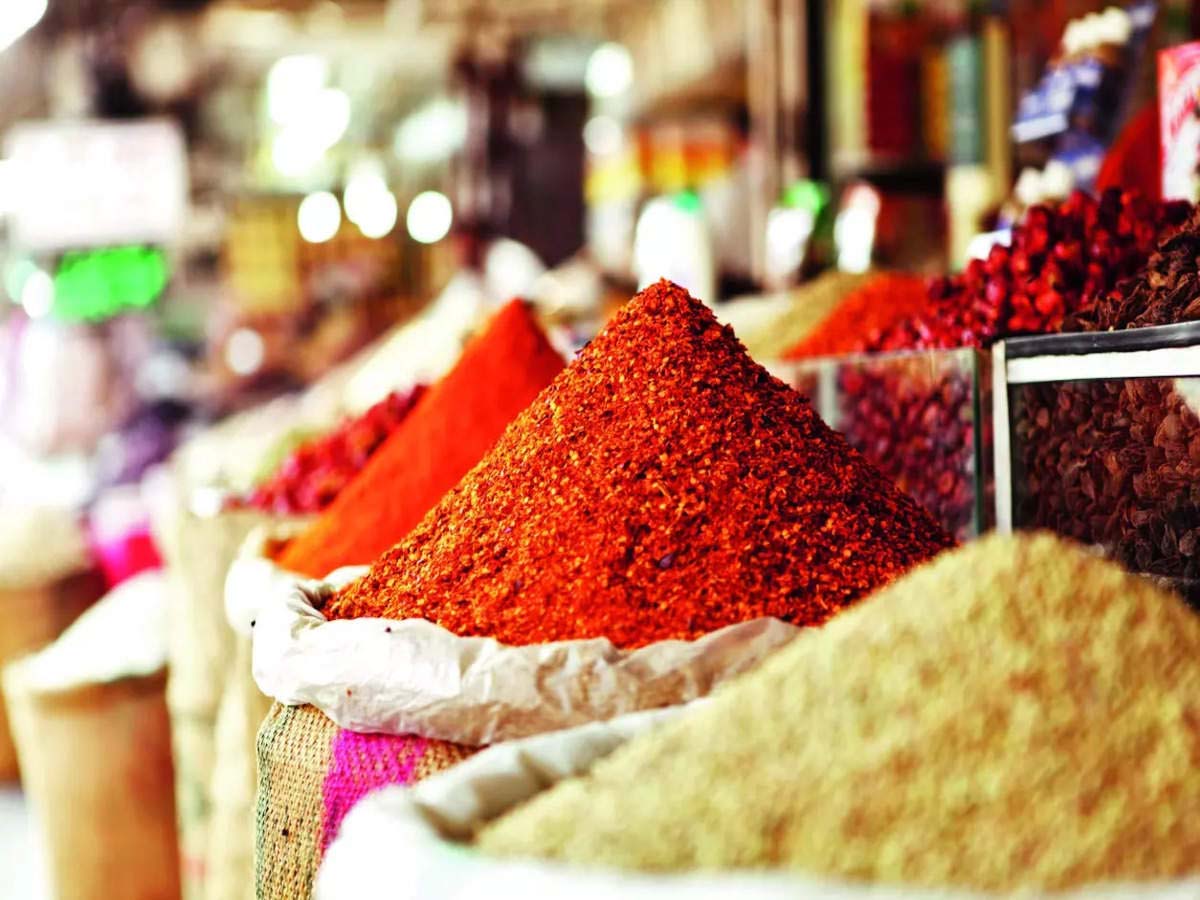New Delhi: According to an official statement on Monday, the government has identified that certain samples of Everest Spices do not comply with the stringent benchmark (0.1 mg per Kg) for ethylene oxide presence and has mandated rectification measures.
In light of reports about the recall of MDH and Everest spice products in Singapore and Hong Kong due to ethylene oxide (EtO) residues, the government conducted tests to detect this carcinogenic compound in the spices.
“We have executed comprehensive sample testing from both companies and determined that all 18 MDH samples adhered to the standards. However, some samples from Everest (among 12 tested) were non-compliant, prompting us to instruct them to undertake corrective actions. We are collaborating with them to ensure compliance,” the official revealed.
Efforts to reach Everest for comment via email went unanswered. Different nations adhere to varying MRL (maximum residual limit) standards for EtO. The EU has established this limit at 0.02-0.1 mg per kg, Singapore’s threshold is 50 mg per kg, and Japan’s is 0.01 mg per kg. These samples were evaluated against a 0.1 mg per kg standard. Notably, spice exports surged by 12.27% to USD 405.62 million in April.
The official further elaborated that MRL requirements are evolving, and the spice industry is well-informed about these changes. “We have conducted three industry-wide consultations regarding this issue. The industry is also exploring alternatives to the use of EtO. Numerous exporters are employing alternate technologies, which are under review,” the official added.
“Our compliance rates have increased while rejections have decreased,” the official noted, emphasizing that the government is also conducting training programs in partnership with the US FDA and World Trade Organisation to build capacity among spice exporters to meet MRL requirements.




